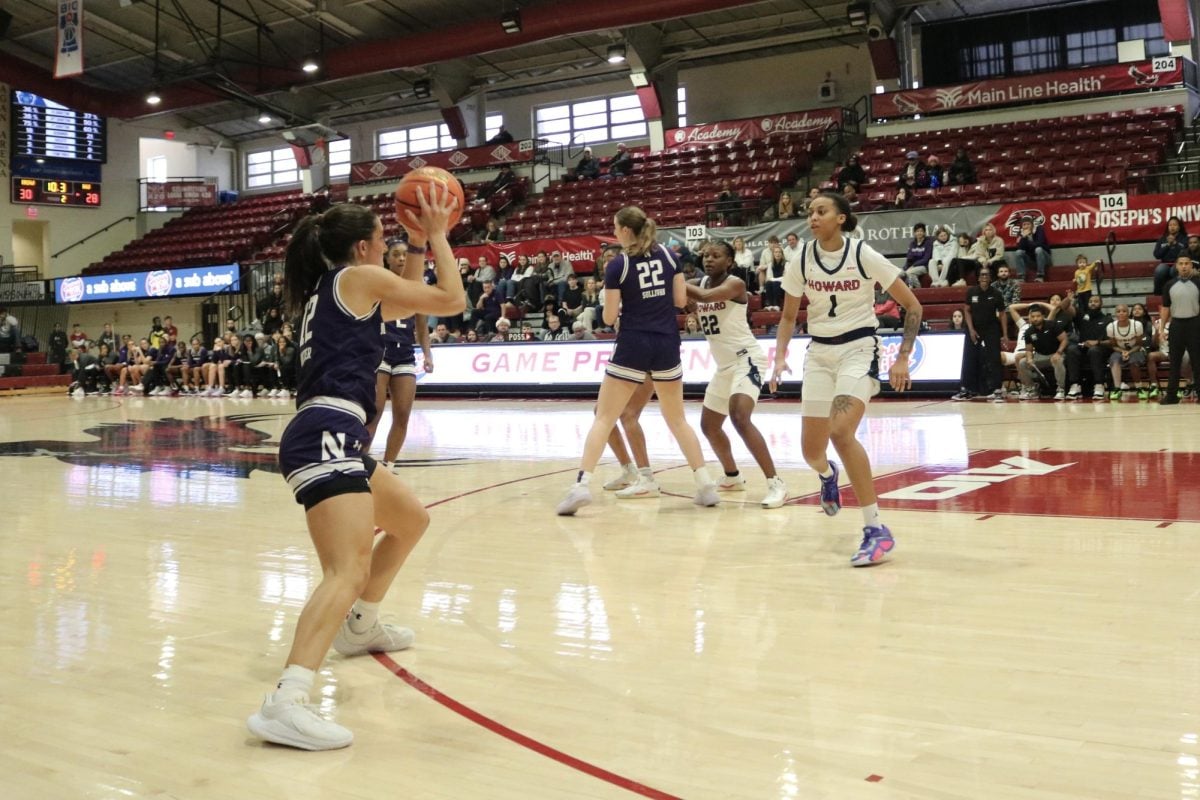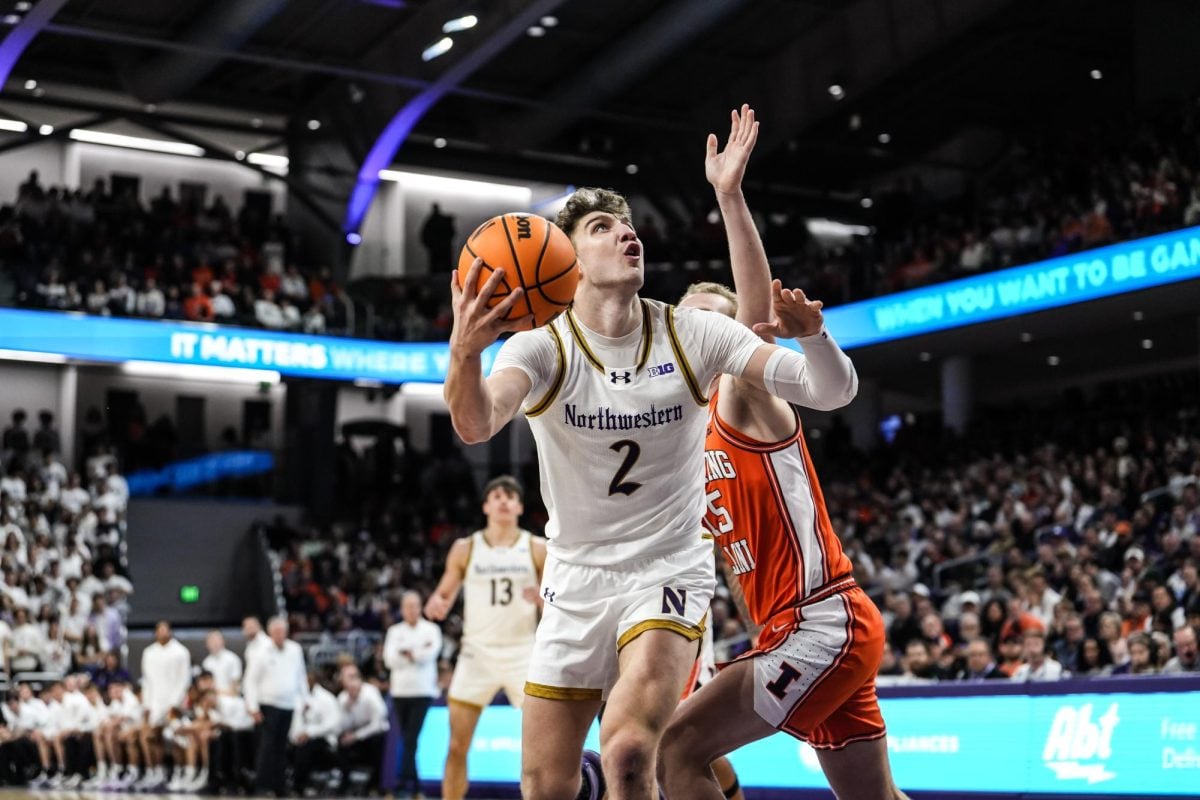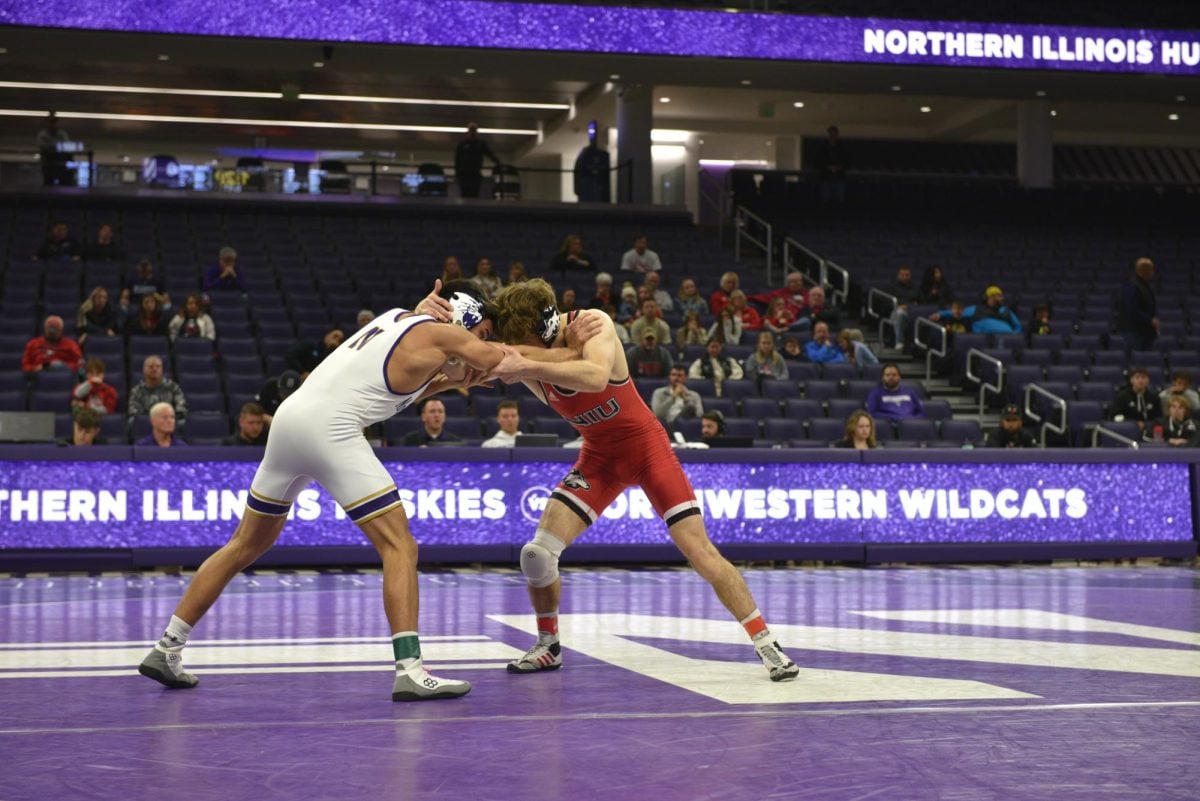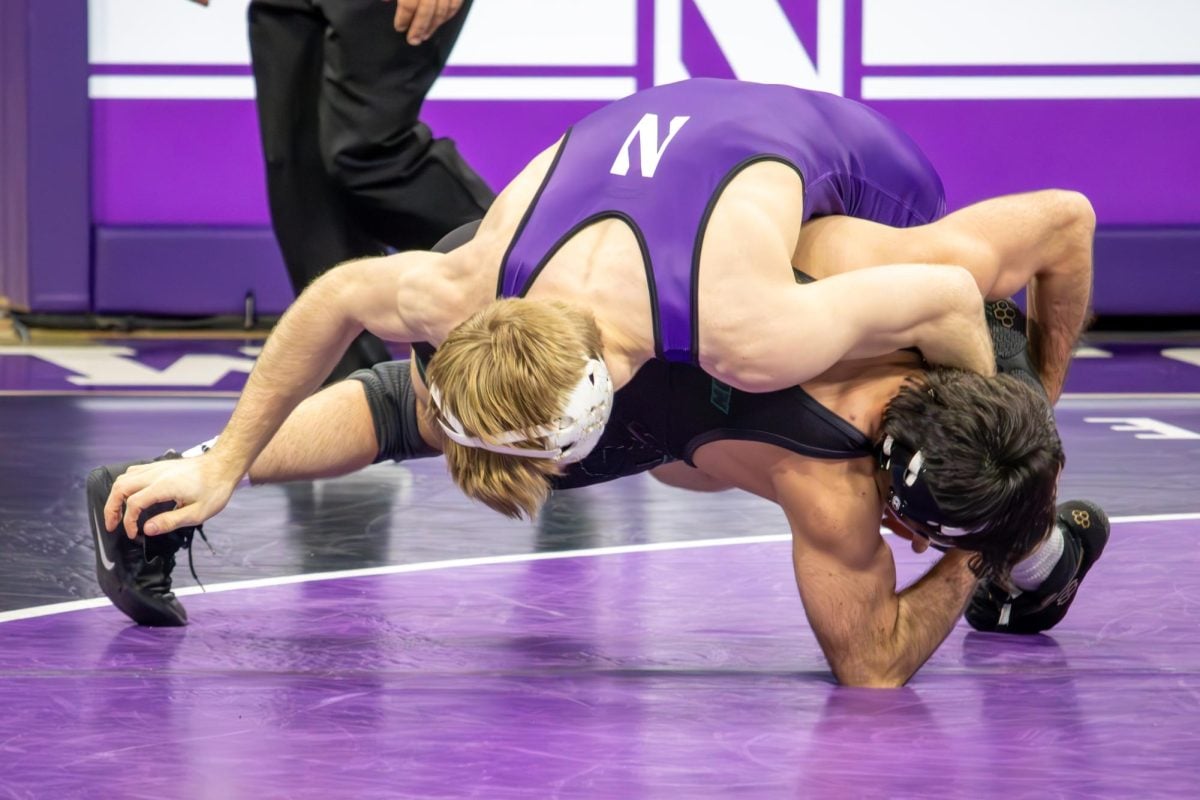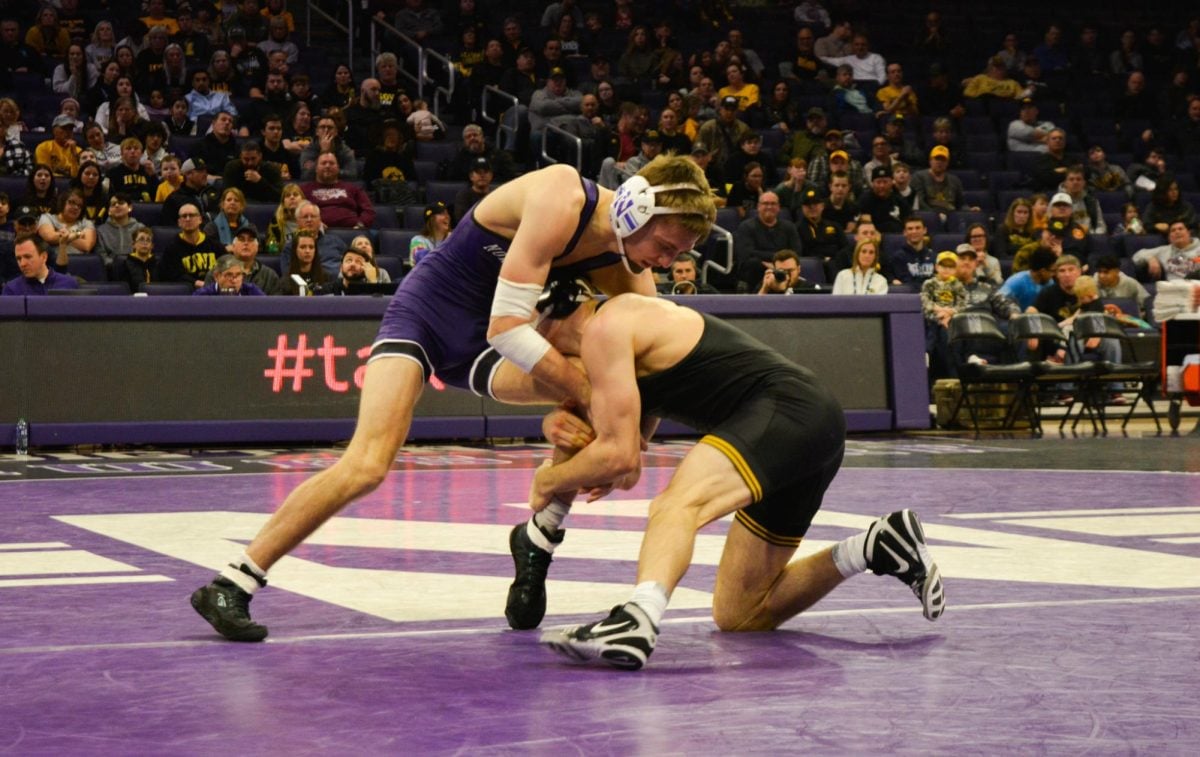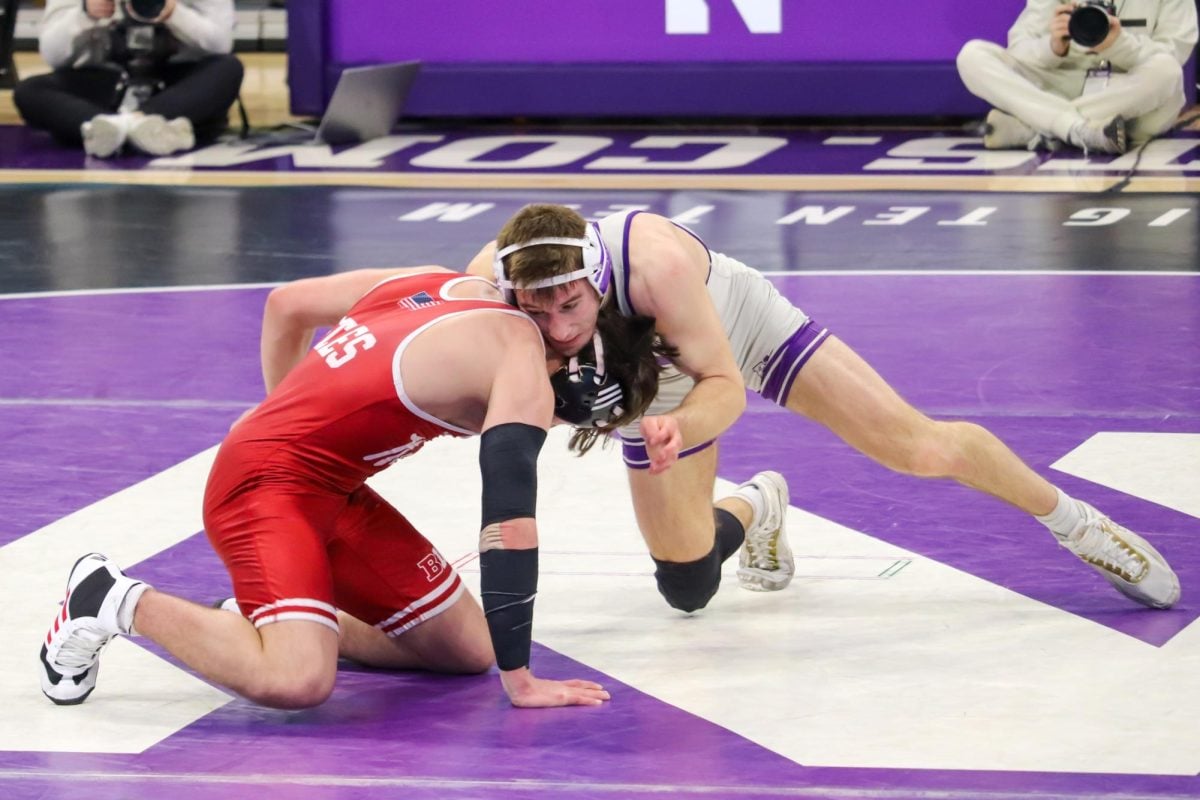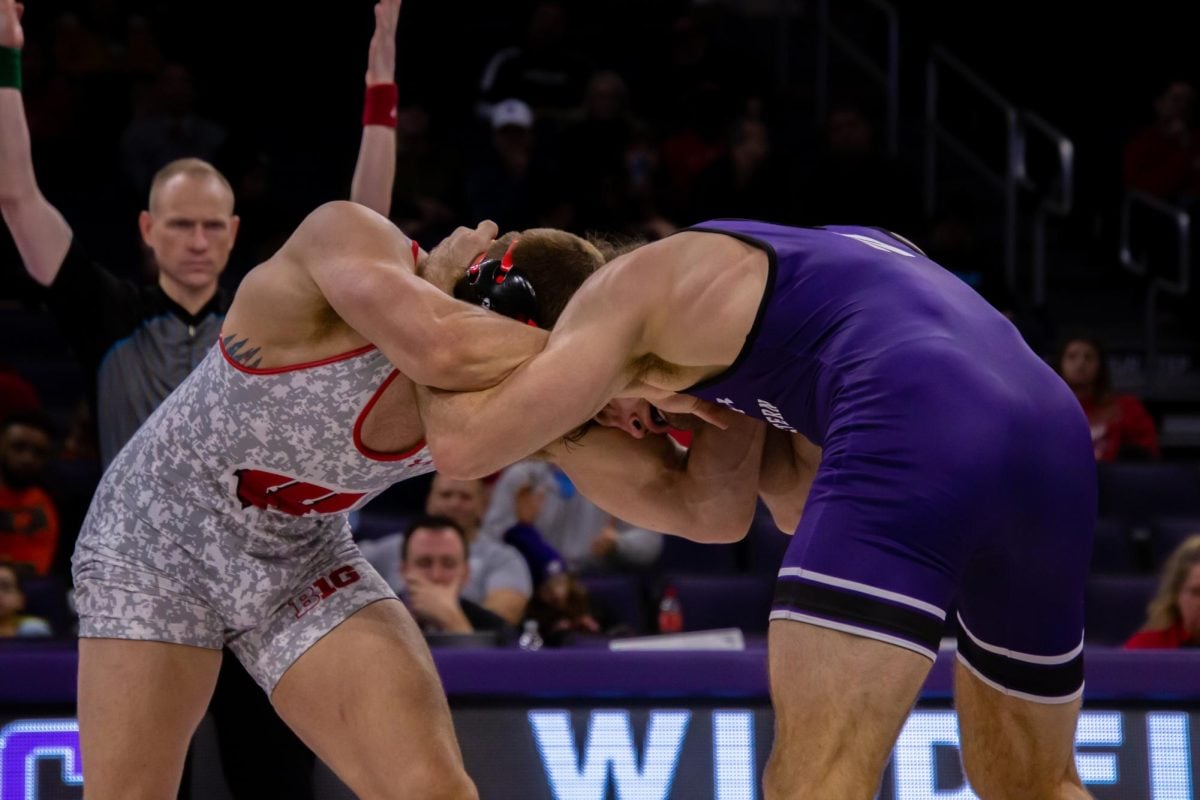On Tuesday the International Olympic Committee recommended that the sport of wrestling be discontinued at the 2020 Olympic Games. Wrestling has been part of the Olympics since 1896, and the derivation of the sport goes back to ancient times.
News of the IOC’s recommendation traveled quickly, and as early as 6:30 a.m., the world of social media was buzzing with the story. Wrestling enthusiasts scrambled to gain information, and for many of us our first questions were aimed directly at FILA, the governing body for amateur wrestling. How did they not know this recommendation was coming? Why is wrestling even on the table for discussion? What can be done in both the short term and long term to ensure the IOC will reconsider their initial decision?
It’s easy to think about the immediate ramifications, but more importantly, I think about future generations of wrestlers. I want a 10-year-old wrestler to know that he or she can one day represent their country in future Olympic Games. We have a great wrestling history at Northwestern, and much of that is attributed to guys like Jake Herbert, who had Olympic aspirations long before he even stepped foot on campus at NU.
Wrestling is a staple in the Olympic Games. It’s well attended, and the fans that follow their athletes are some of the most dedicated in all of sport. Wrestling continues to evolve and adapt. In 2004, the IOC added a women’s program to the Olympic Games. At the 2012 Games, the lines to get into the venue stretched around the entire complex. In the London games, India and Puerto Rico each placed a wrestler in the gold-medal match for the first time in the storied history of Olympic Wrestling. The sport is just recently emerging in parts of the world that are relatively new to international wrestling success.
In Iran, Azerbaijan, Turkey and Russia, wrestling is as important as NFL football is to American sports culture. After you win an Olympic Gold in any of the countries listed above, you are a legend for the rest of your life. Some Iranian fans were literally in tears because they were within arm’s length of their wrestlers as they walked out on to the competition platform.
Jake Herbert is a part of this culture, as he was a world silver medalist in 2009. Wrestlers around the world know Herbert because of his unique style, and he commands respect among his contemporaries. We witnessed this first-hand in London. Wrestlers respect each other due to the difficulty of the sport.
I get chills thinking about international wrestling. These are some of the best athletes in the world and are among the most dedicated individuals you can find. I’m not sure I can adequately put the thought of discontinuing Olympic wrestling into words. Any wrestler will tell you the sport is a way of life, and they aren’t just saying that to be perceived as tough — they have endured practices that most people have nightmares about. It’s not about any one individual; it’s about future generations. It’s about providing opportunities to up-and-coming athletes.
Drew Pariano is the head coach of the Northwestern wrestling program. He wrestled for NU from 1995 to 1999.

